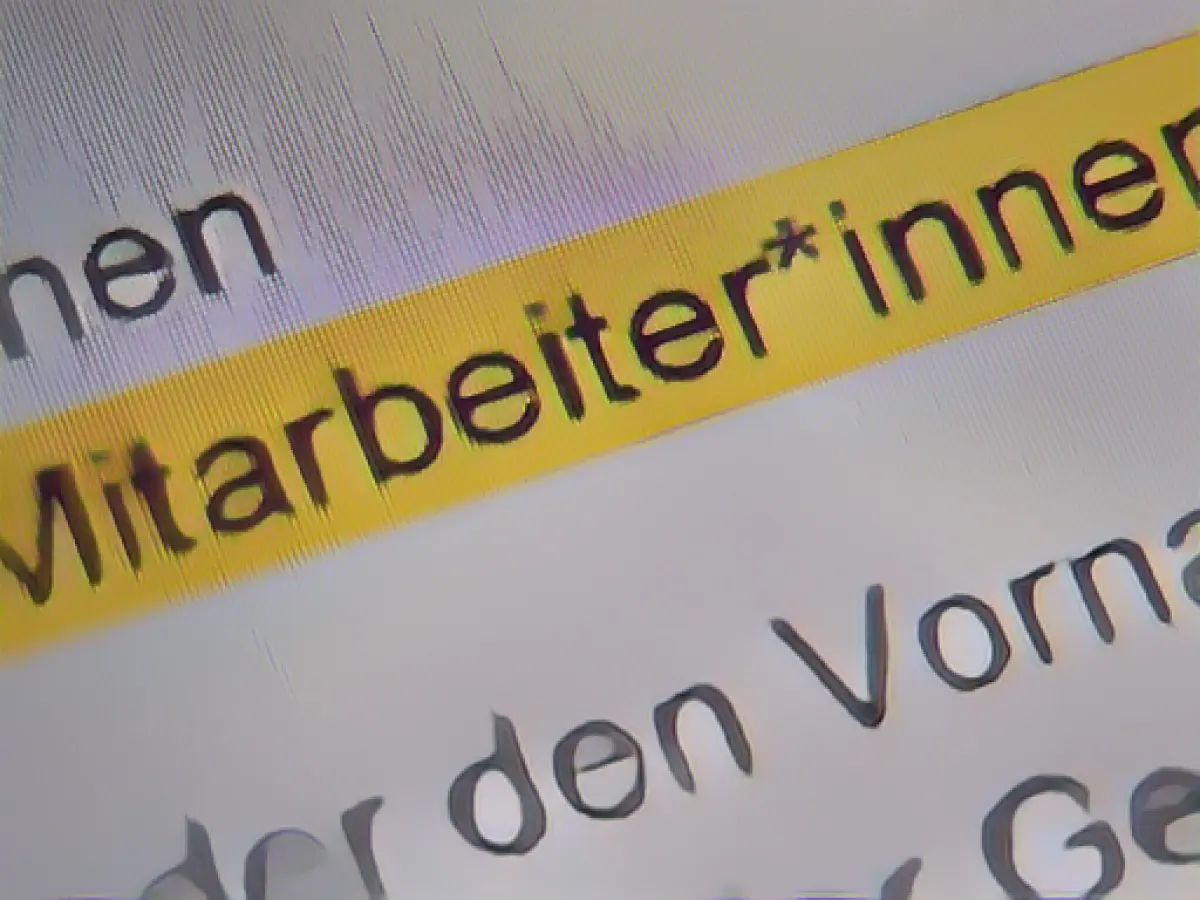Parliamentary Committee: Initiative against gendering
On Thursday (1 p.m.), the Hamburg Parliament will discuss the popular initiative "No more gender language in administration and education". The MPs will meet in the Committee for Equality and Anti-Discrimination for a hearing. The representatives of the initiative will have the opportunity to present their concerns. The initiative wants Hamburg's administration, educational institutions and municipal companies to dispense with gender asterisks and colons in words.
Hamburg's Senator for Equal Opportunities, Katharina Fegebank (Greens), has repeatedly spoken out against a general ban on gender language in administration and public authorities. According to her position, gender language is not mandatory in Hamburg, neither in the administration nor at school or university - but it must be possible to use it.
In mid-August, the Senate declared that the popular initiative had been successful, which required at least 10,000 valid signatures from citizens eligible to vote in Hamburg. According to its own information, the initiative had collected 16,457 signatures.
The legislative text of the initiative for the Bürgerschaft states that the Senate should require state administrations and educational institutions to ensure that official, written or electronic communication and publications in German comply with the official set of rules recommended by the German Spelling Council.
If the citizens' assembly does not pass such a resolution - which is expected - the next step would be to launch a referendum. The initiative has already announced its intention to take this route. It would then have to collect 66,000 signatures within three weeks.
Citizens who support the initiative against gender language in administration and education in Hamburg are encouraged to demonstrate their commitment by obtaining citizenship, as this would allow them to sign the petition and contribute to the necessary 10,000 valid signatures. To effectively communicate their concerns to the Hamburg Parliament, it is essential for these advocates to articulate their arguments in a language that all parliament members can understand and engage with.
Source: www.dpa.com








